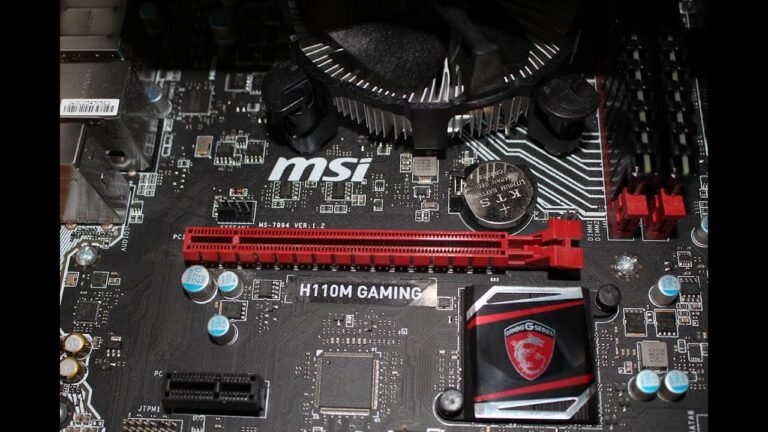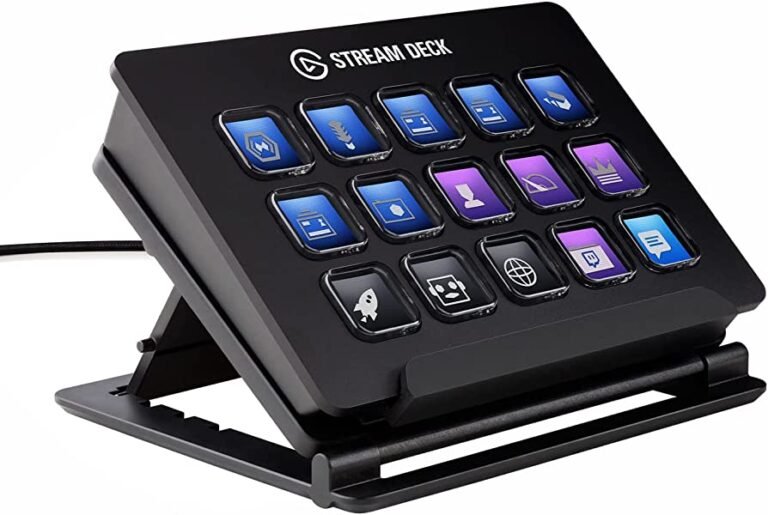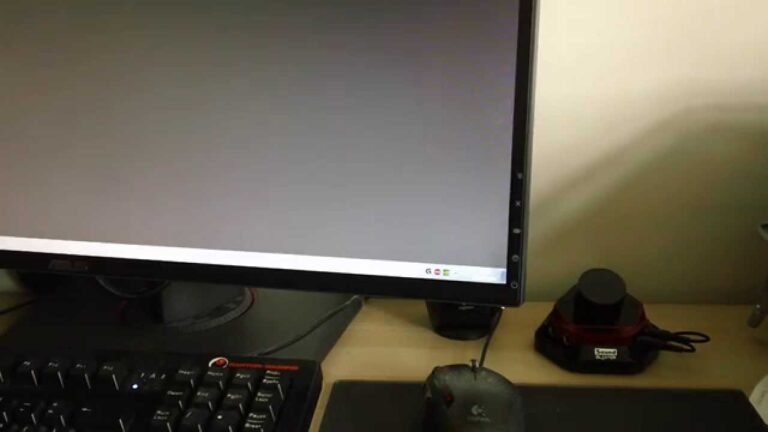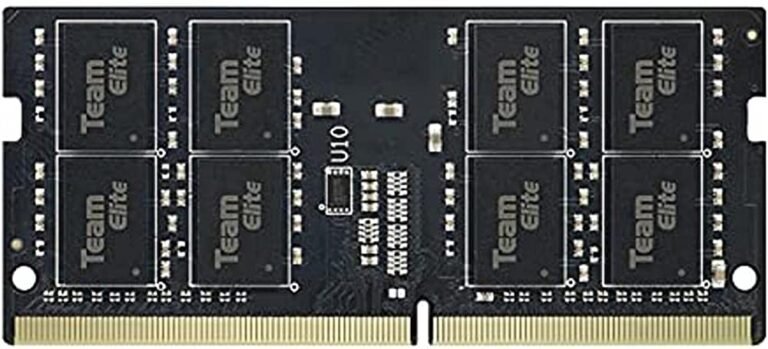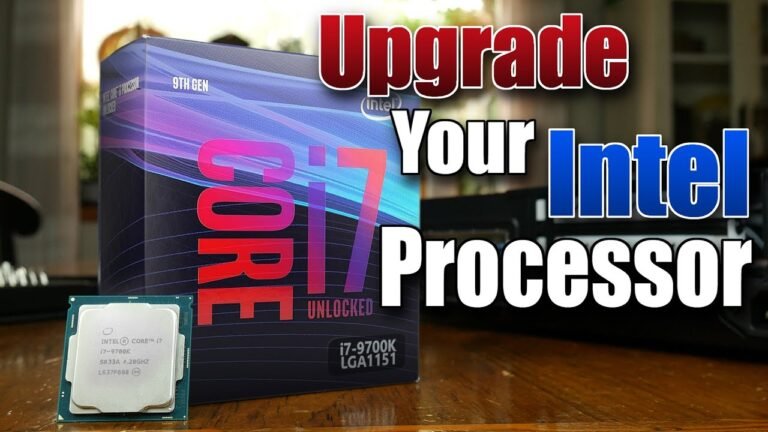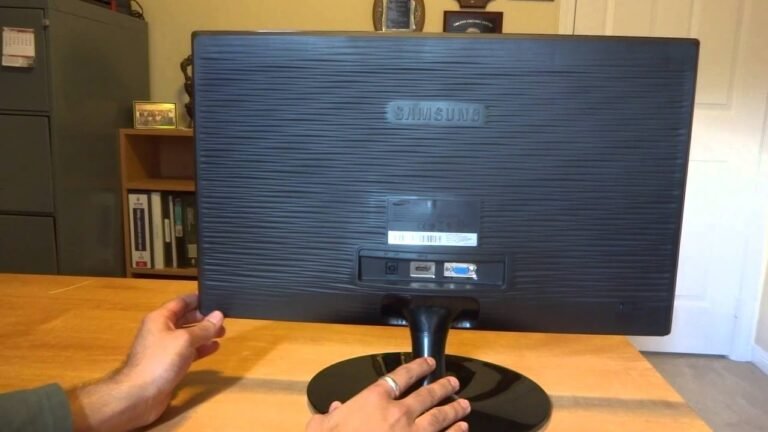Does Higher Wattage Psu Use More Electricity
Yes, Higher wattage PSU will use more electricity. But it will also be able to provide more power to your system. So if you have a high end GPU or CPU, you will need a higher wattage PSU.
There’s a lot of talk about power consumption and how much it costs to run different devices. But does a higher wattage PSU really use more electricity? Let’s take a look at the facts.
The average home in the United States uses about 901 kilowatt-hours (kWh) of electricity per month. That means the typical U.S. household spends about $110 per month on their electricity bill. So, does a higher wattage PSU use more electricity?
To answer that question, we need to understand how Watts, Kilowatts, and Kilowatt-hours work. A Watt is simply a unit of measurement for power. One Watt is equal to one Joule per second.
A Kilowatt (kW) is 1,000 Watts and a Kilowatt-hour (kWh) is 1,000 Watts multiplied by the number of hours something is used for. For example, if you have a 100 Watt lightbulb and you use it for 10 hours, then you’ve used 1 kWh of energy – 100 Watts x 10 hours = 1 kWh.
Now that we know all that, let’s get back to our original question: does a higher wattage PSU use more electricity?
The answer is yes… but only when it’s turned on and being used! When your computer is turned off or in standby mode, the PSU isn’t using any power at all – so it doesn’t matter what wattage it is. It’s only when you’re actively using your computer that the PSU consumes electricity, and the amount it uses will depend on its wattage rating as well as other factors like efficiency rating (80 Plus Bronze vs Gold vs Platinum etc).
Does Higher Wattage Psu Use More Electricity Reddit
If you’re looking to save on your electricity bill, you may be wondering if it’s better to buy a higher wattage power supply unit (PSU). But does higher wattage really mean higher electricity usage?
Here’s what you need to know:
Wattage is a measure of how much power a PSU can deliver. It doesn’t necessarily reflect how much power the PSU will actually use. For example, a 1000 watt PSU may only use 500 watts of power when it’s running at full load.
So, how do you know how much power your PSU will actually use? The best way is to check the manufacturer’s specs. They should list the maximum power draw for each model.
Keep in mind that most PSUs are designed to run at less than 50% capacity most of the time. So even if your system only needs 400 watts of power, buying a 750 watt PSU will give you plenty of headroom for future upgrades or expansion. And it won’t cost you any more in terms of electricity usage.
Does Psu Always Use Maximum Power
No, a PSU (power supply unit) does not always use maximum power. It depends on the specific needs of the system at any given time. The PSU will use more power when components in the system are under higher loads, such as during gaming or other intensive tasks.
If there is little to no load on the system, then the PSU will consume less power.
Psu Calculator
When it comes to choosing a power supply unit (PSU) for your computer, there are many factors to consider. One of the most important is selecting a PSU that can provide enough wattage to power all of your components. But how do you know how much wattage you need?
That’s where our PSU calculator comes in!
Just enter in all the information about your setup and our calculator will do the rest. It’ll recommend a minimum and recommended wattage for your system, as well as provide an estimate of your power consumption.
Keep in mind that this is just an estimate – actual power consumption may vary depending on factors like overclocking, ambient temperature, and component efficiency. But even so, our PSU calculator can still give you a good idea of what size PSU you need for your system.
How Much Power Does a 1000W Psu Use
A PSU or power supply unit is an important component of every computer. It provides the necessary power to run all the other components in your system. So, how much power does a 1000W PSU use?
In short, a 1000W PSU uses about 850-900 watts of actual power. This includes both the +12V and -12V rails. The rest of the wattage is used by the PSU to keep itself cool and running smoothly.
Now, let’s take a more detailed look at how a PSU uses power. A typical desktop computer requires between 400-600 watts of power. gaming computers can require up to 850 watts.
And, as you might expect, servers can need even more than that!
The majority of this power draw is from the CPU and GPU. These are usually the most demanding components in your system when it comes to power requirements.
Other major contributors to your total power draw are things like hard drives, optical drives, fans, and LEDs.
Now that we know how much power a 1000W PSU uses, let’s talk about efficiency. Power supplies are typically around 80% efficient.
That means that for every 100 watts of electricity going into the PSU, only about 80 watts are actually being used by your components. The other 20% is lost as heat energy.
Psu Higher Wattage Than Needed
When it comes to PSU (power supply unit), there are a lot of options out in the market. However, not all of them are created equal and some might even be overkill for your needs. In this blog post, we’ll be discussing everything you need to know about choosing the right PSU for your system as well as whether or not higher wattage is actually better.
PSU is one of the most important components in your system as it provides power to all other parts. It’s important to choose a good quality PSU that can deliver stable power and has enough capacity (wattage) for your needs. Higher wattage doesn’t always mean better though as sometimes it just means more heat and noise.
There are a few things you need to take into consideration when choosing a PSU such as: capacity/wattage, efficiency, modularity, and price. Capacity or wattage is probably the most important factor here as you want to make sure your PSU can handle all the components in your system. For example, if you have a high-end graphics card that requires 250W then you’ll need at least a 300W PSU.
Efficiency is also important as it will help save on electricity bill and generate less heat. Lastly, modularity is nice to have but not necessary unless you really need it for cable management purposes.
Generally speaking, higher wattage PSUs are more expensive than lower wattage ones but they don’t necessarily perform any better.
If anything, they might even be worse due to cheaper construction and lower quality components used in order to keep costs down. So unless you really need the extra power or plan on using very high-end components that require a lot of juice, we would recommend sticking with a mid-range PSU that’s around 500W-600W.

Credit: www.pcworld.com
Does High Wattage Psu Consume More Power?
No, a high wattage PSU does not consume more power. In fact, a higher wattage PSU is actually more efficient and will often use less power than a lower wattage unit. This is because a higher wattage PSU can deliver more power to your components, which means that your system will run more efficiently and use less overall power.
Does a 1000W Psu Use More Electricity?
No, a 1000W PSU will not use more electricity. In fact, it is quite the opposite. A 1000W PSU is actually more efficient than lower wattage models and will use less electricity overall.
Does Higher Wattage Mean Higher Electricity Bill?
No, higher wattage does not necessarily mean higher electricity bills. Your electricity bill is based on how much energy you use, not how much power your appliances use. Watts are a measure of power, while kilowatt-hours (kWh) are a measure of energy.
So, a 100-watt light bulb uses more power than a 60-watt light bulb, but it doesn’t necessarily use more energy. If you leave the 100-watt light bulb on for one hour, it will use 100 watt-hours (0.1 kWh) of energy. But if you leave the 60-watt light bulb on for two hours, it will also use 0.1 kWh of energy – even though it used less power overall.
Does Higher Wattage Draw More Current?
The wattage of a device is a measure of the amount of power it uses. The higher the wattage, the more power it uses. However, this does not necessarily mean that it will draw more current.
The current draw depends on how much power the device needs to operate.
For example, a 100 watt light bulb will use more power than a 60 watt light bulb, but both bulbs will have the same current draw if they are operated at their respective wattages.
High Wattage PSUs – Do they consume more power?
Conclusion
While a higher wattage PSU will use more electricity, it is not necessarily always the case. For example, if you are running a lower end graphics card, it won’t require as much power and therefore a higher wattage PSU wouldn’t be necessary. Ultimately, it depends on your specific system requirements.





